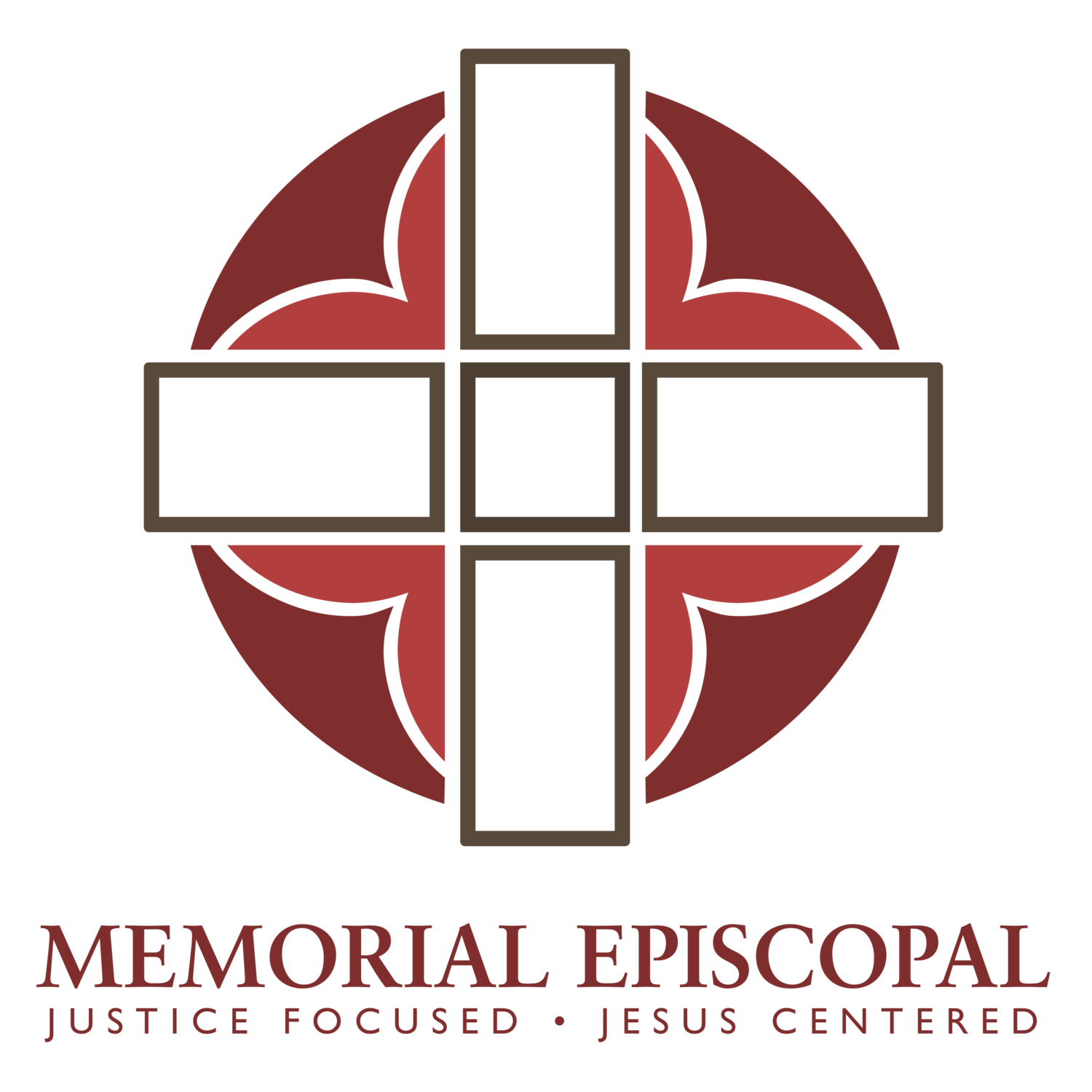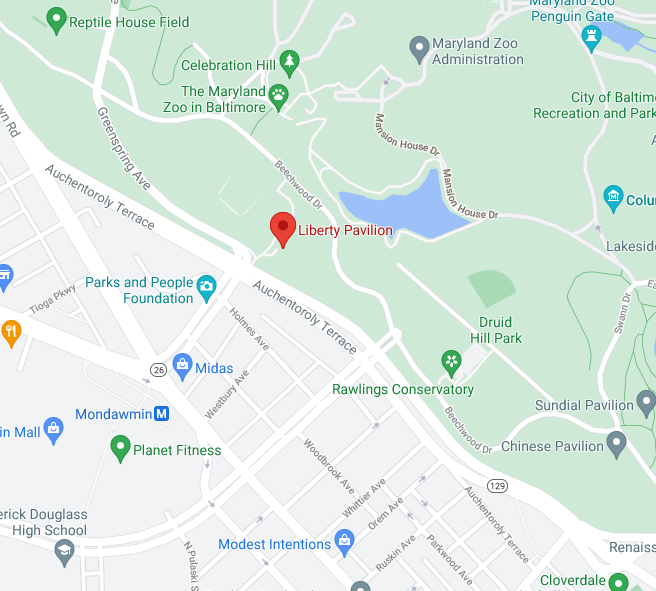The below is a reflection from a close friend of Father Grey, Davida, who works for the International Fellowship of Christians and Jews in Israel. Following the terrorist attacks by Hamas, She has been serving as a volunteer at center helping to reunite families with their deceased love ones. They are helping Muslim, Christian, Jewish and Bedouin families in their darkest hours. Please keep them all in your prayers. To support their work you can click on the link at the bottom.
Yesterday, I had the honor of serving at the Fellowship’s Mobile Emergency Response Center. The vehicle has been operating outside a Home Front Command army base which is being used as a makeshift morgue and forensic center to identify hundreds of dead civilians and soldiers – all victims of Hamas’s murderous rampage on October 7th.
On paper, our role there is simple: provide some shade, chairs, water, coffee, and snacks to families awaiting their turn to enter the base. Indeed, we did provide all of those items, but between the Coke Zero and the pretzels was a responsibility that I could never have imagined fulfilling- providing solace to mothers, fathers, wives, husbands, brothers and sisters who are living out the worst nightmare imaginable. Several families have sat under the Fellowship’s tent since Sunday morning, waiting for any word of a missing loved one. Bedouin men sit, stoic, disbelieving; two women cry out, sob, beg for any shred of information about their husbands. “I left his body on the roof!!! They made me leave his body behind,” still rings in my ears. Two men sat quietly, drinking cups of coffee with shaking hands. They were summoned to the gate and disappeared. When they returned, one of them approached me as I stood at the counter of the vehicle. I thought he asked me for a knife (sakin) so I gave him one, but he said, “no, sakit” (a bag). He held up a half empty pack of cigarettes and a tattered wallet. “For his belongings.” I gasped. Whomever he lost, all that was left to bring home would now be carried in a repurposed supermarket plastic bag. Shortly after they staggered away in shock, a police officer came up to me as well and quietly asked, “do you have any more bags? I have nothing to give these families.”
I sat with a young woman and her mother who were waiting to identify her brother’s body. When the mother was distracted by a visitor, the daughter turned to me and whispered, “did you see those huge refrigerated trucks that are bringing the bodies? Do you think they stack them in there like logs, or are there shelves? I don’t know what condition my brother will be in- he was out in the sun for two days.” She needed to talk, she needed to tell me about the images that were haunting her. When her father arrived, he was in army uniform. He left the front lines, where he was fighting with his reserves unit, in order to identify the remains of his only son.
By midday, the temperature was already in the 80s and some families’ frustration and grief boiled over into shouting, pushing, sobbing, and wailing. The sound of a desperate mother’s howl, “where is my baby?!?!?!” was too much to bear. We continued to ply families, soldiers, and police officers with water as they tried to diffuse the situation. I approached a young border patrol officer, no older than 18 and offered her cold water. She couldn’t meet my gaze. This child was in an impossible situation, and it took every ounce of her strength not to collapse in tears alongside the families she had to restrain. All day long, as families, soldiers, paramedics, and police officers came to the window of the vehicle to ask for soda, “something with sugar to wake me up”, a sandwich, they said again and again, “thank you so much for doing this”. I couldn’t help but laugh; these were the people risking their lives, working around the clock doing the most horrific work possible, yet they were thanking us for a bottle of water and cheese sandwich?!?!?!
The Fellowship’s Mobile Emergency Response Center encapsulates everything that makes The Fellowship such a critical leader in Israel. In less than 24 hours, our leadership identified a need (caring for families gathered outside a remote base), provided the solution, and even, unbelievably, placed a mobile bomb shelter next to the vehicle so that grieving families would be protected from missiles- which Hamas is still firing on Israel daily. I cannot imagine a prouder moment as an emissary of our Christian supporters than to have been there for these families in their time of need. I was only able to tear myself away from the response center when my toddler called, begging me to come home because the sirens had scared him. But as I turned to go, a man approached me with a hesitant look. He held out a phone with a picture of a beautiful, smiling girl. “Do I talk to you about finding Alma?”











